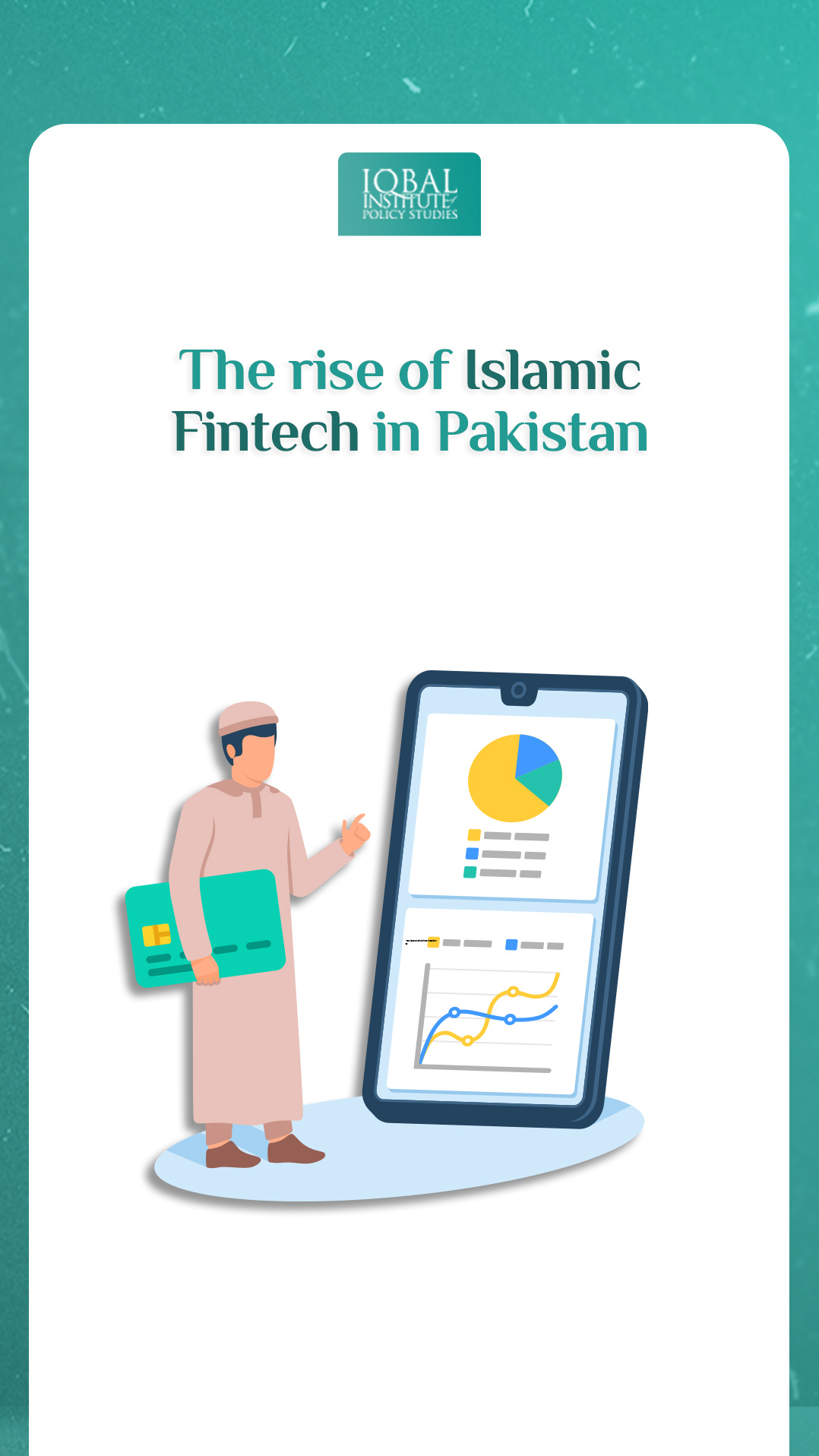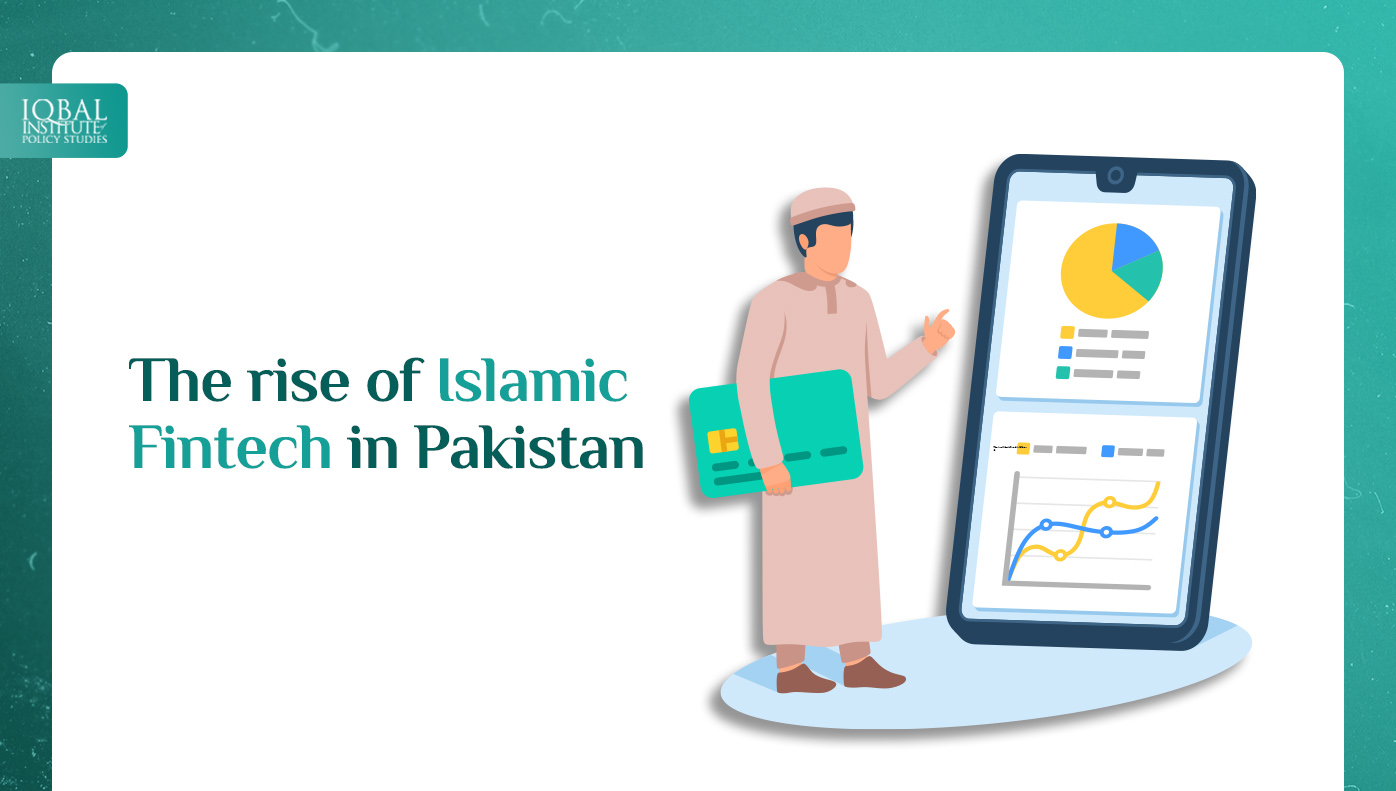Financial services are transforming in the era of modernisation and advanced technologies, such as blockchain to artificial intelligence. The term ‘Islamic finance is no different, and many shariah-compliant fintechs are emerging in many nations worldwide. It refers to shariah compliance with digitally-delivered financial solutions. Muslims make up a quarter of the world’s population, and Islam is the fastest-growing religion. It means there is a high potential market for Islamic fintech services, making it easier for Muslims to access investments, savings, insurance, and mortgages that align with their faith.
Over the past decades, Pakistan has gone through many ups and downs. There were good days when foreign banks had branches in major cities of Pakistan, but then came the bad days when global players started leaving. Despite drastic shifts, Islamic banking has achieved growth of around 30 per cent as the deposit base increased from Rs. 83.7 billion in 2006 to Rs. 4.9 trillion in 2022. The growth is twice the industry-wide rate, and resultantly, the share of Islamic banking has jumped from 2.8 per cent to 20.5 per cent during this period. Pakistan is deeply religious, and many people prefer the Islamic way of going forward, whether in banking or any other sector. Firms with Shariah boards or very clear Islamic branding offer comfort to the people, however imperfect the work may be.
Pakistan ranks 9th among 64 countries in Global Islamic Fintech Index (GIFT). Only a few companies use the word in branding or identify themselves as Islamic fintechs, but in Pakistan, it is understood that most are Shariah-compliant.
Some of the points that make a company Islamic fintech are:
- Shariah control on financing transactions, shareholding/equity structure, vendor and employee contracts etc.
- Board and governance structure that includes Shariah audit
- Ideological commitment of owners and leaders on the board
Islamic fintech is aimed to increase economic growth using shariah-compliant financial solutions. It provides cost-effective solutions for companies and society. The start-ups in Pakistan can adapt to Islamic fintech to help reduce costs and improve their business processes. As it has a lot of potentials to grow in Pakistan, the workload of the regulators must also increase to ensure the financial system’s stability and keep it secure from fraud. Regulatory authorities must properly monitor to avoid data leakage, cyber-attacks, theft and misuse of information. It will also attract foreign investors, further widening the start-up world. Many start-ups in Pakistan, such as Finja and Qistpay, have raised funds billions. Expanding start-ups that use Islamic fintech will encourage more countries and offer more products, resulting in economic growth and employment generation in Pakistan.



Leave a Reply